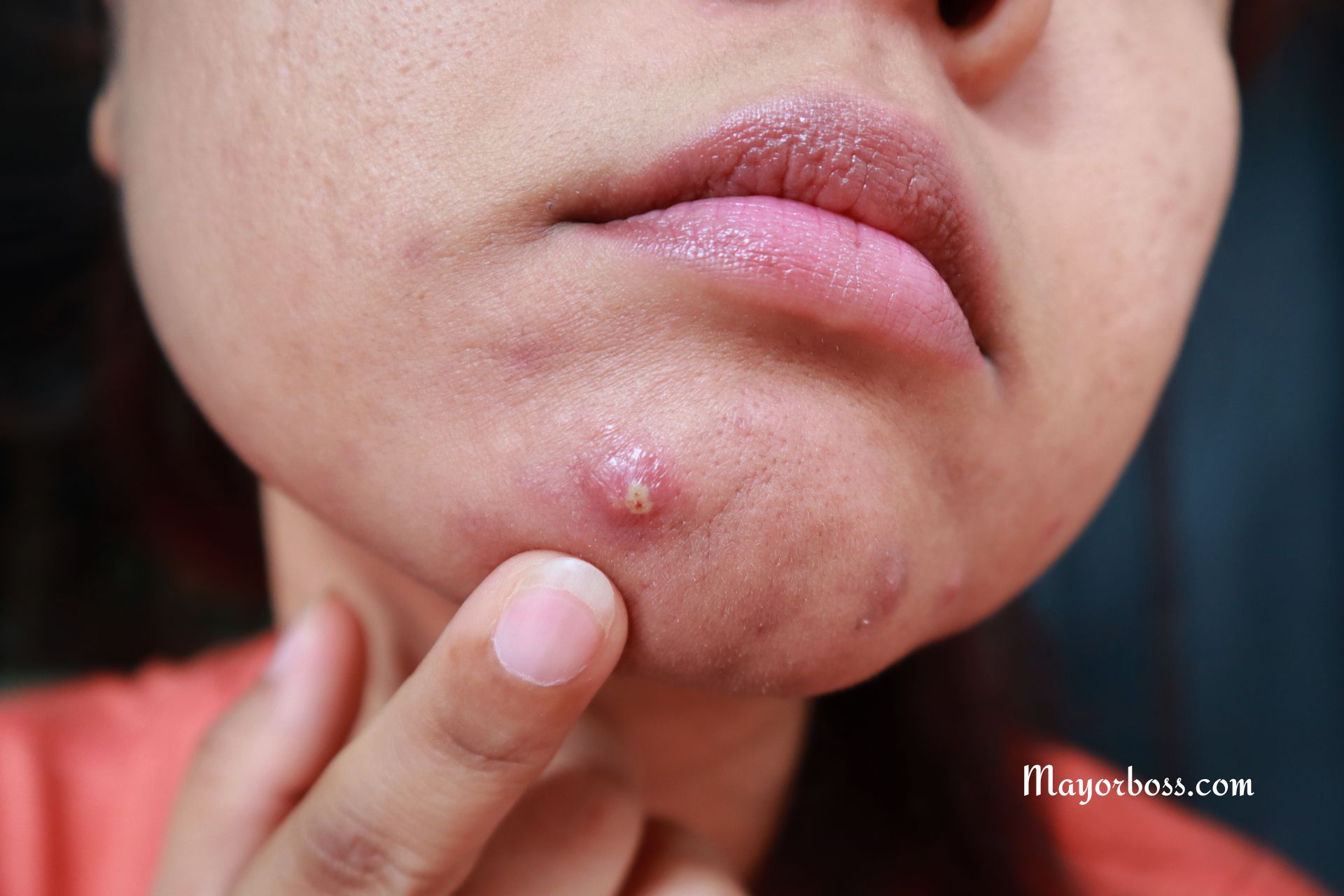Can Toothpaste Really Help with Acne?
You might have heard that toothpaste can act as a quick fix for an unexpected pimple. This idea comes from toothpaste’s drying effect on the skin, which, in theory, might seem beneficial for drying out acne. However, the reality of using toothpaste on your skin is a bit more complicated and might not be the best solution for everyone. So, let’s break down whether toothpaste can truly be a solution for your skin woes or if it’s better to stick with traditional acne treatments.

Understanding Acne and Toothpaste Ingredients
Acne happens when your hair follicles become clogged with oil and dead skin cells, leading to whiteheads, blackheads, or pimples. It’s a common skin condition that affects most people at some point in their lives. On the other hand, toothpaste is formulated to clean and protect your teeth from dental issues like cavities and gum disease—not to treat skin conditions.
What’s in Your Toothpaste?
Toothpaste typically contains a mix of abrasive agents, fluoride, and sometimes antiseptic or anti-inflammatory ingredients. Some of these components, like triclosan and hydrogen peroxide, can theoretically help by reducing bacteria and aiding in drying out pimples. However, toothpaste also contains other ingredients that can irritate or harm your skin, such as:
- Sodium lauryl sulfate (SLS) can irritate the skin and strip it of its natural oils.
- Essential oils and flavors that can cause allergic reactions or further irritation.
- High pH levels can disturb your skin’s natural balance.
The Risks of Using Toothpaste on Acne
While it’s tempting to reach for toothpaste as a quick fix, here are several reasons why you might want to think twice:
- Skin Irritation and Dryness: The harsh ingredients in toothpaste can cause significant irritation and dryness, especially for those with sensitive skin or conditions like eczema.
- Possible Chemical Burns: In extreme cases, the application of toothpaste to the skin can lead to mild chemical burns, causing redness, peeling, and even more significant damage to the skin barrier.
- Acne Could Worsen: If toothpaste irritates your skin, it can lead to more acne. Irritation can increase inflammation, which is a key factor in acne development.
Safer Alternatives for Acne Treatment
Instead of reaching for toothpaste, consider these dermatologist-recommended options that are safer and more effective for treating acne:
- Over-the-counter Acne Treatments: Look for products containing salicylic acid, benzoyl peroxide, or alpha hydroxy acids, which are proven to help clear acne by exfoliating the skin and killing bacteria.
- Gentle Skincare Routine: Adopt a gentle skincare routine that includes cleansing, moisturizing, and applying acne treatments. Avoid over-washing and harsh exfoliants, which can irritate your skin.
- Professional Advice: For persistent acne, a dermatologist can offer prescription medications, such as retinoids or antibiotics, which are more effective for severe or stubborn cases.
Frequently Asked Questions
1. Can toothpaste cause scars on acne-prone skin? Using toothpaste on pimples can potentially lead to skin irritation and damage, increasing the risk of scarring, especially if your skin is sensitive or you have severe acne.
2. How long does it take for over-the-counter acne treatments to work? Over-the-counter acne treatments can take 4 to 8 weeks to show noticeable improvements. Consistency and patience are key when dealing with acne.
3. Is it safe to mix different acne treatments? It’s best to be cautious and not mix different acne treatments without consulting a dermatologist, as some combinations can cause severe skin irritation or decrease the effectiveness of one another.
Conclusion
While toothpaste might offer a temporary fix by drying out pimples, the potential risks far outweigh the benefits. It’s better to use treatments specifically designed for acne-prone skin to avoid damaging your skin and potentially worsening your acne. Always prioritize gentle care and seek professional advice for stubborn or severe acne issues.
